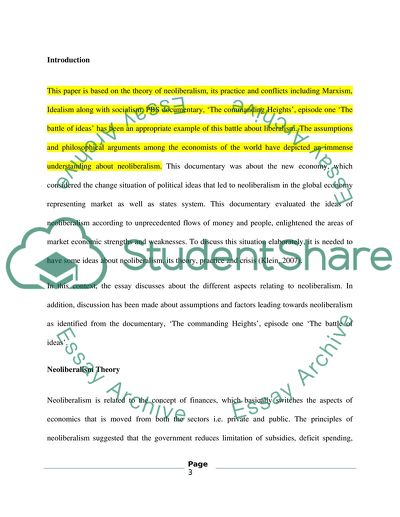Cite this document
(Neoliberalism: Theory, Practice, Crisis Coursework, n.d.)
Neoliberalism: Theory, Practice, Crisis Coursework. Retrieved from https://studentshare.org/social-science/1696303-neoliberalism-theory-practice-crisis
Neoliberalism: Theory, Practice, Crisis Coursework. Retrieved from https://studentshare.org/social-science/1696303-neoliberalism-theory-practice-crisis
(Neoliberalism: Theory, Practice, Crisis Coursework)
Neoliberalism: Theory, Practice, Crisis Coursework. https://studentshare.org/social-science/1696303-neoliberalism-theory-practice-crisis.
Neoliberalism: Theory, Practice, Crisis Coursework. https://studentshare.org/social-science/1696303-neoliberalism-theory-practice-crisis.
“Neoliberalism: Theory, Practice, Crisis Coursework”. https://studentshare.org/social-science/1696303-neoliberalism-theory-practice-crisis.


